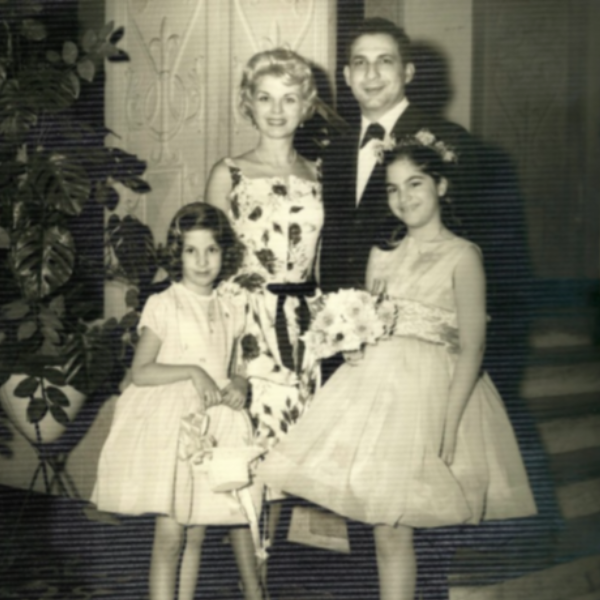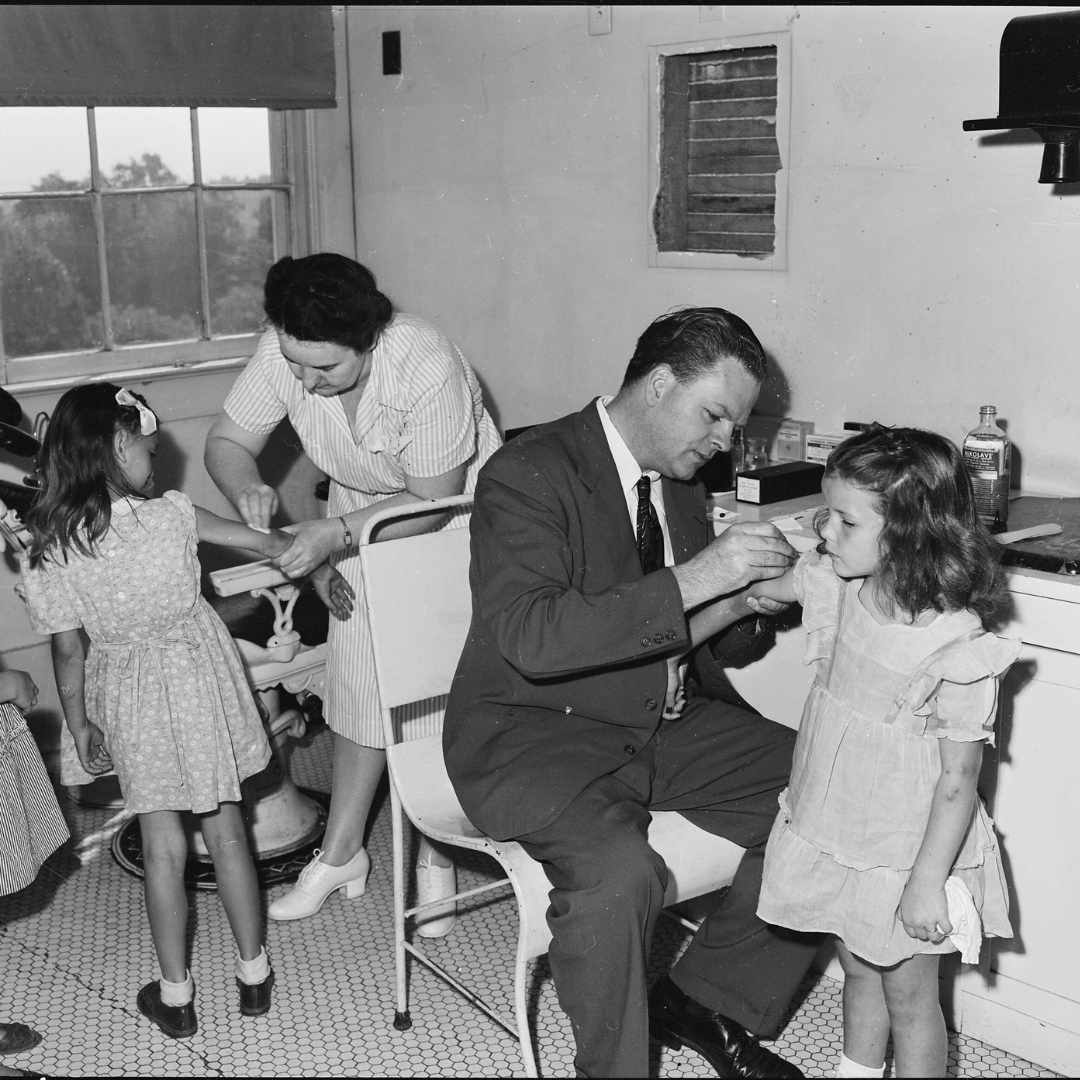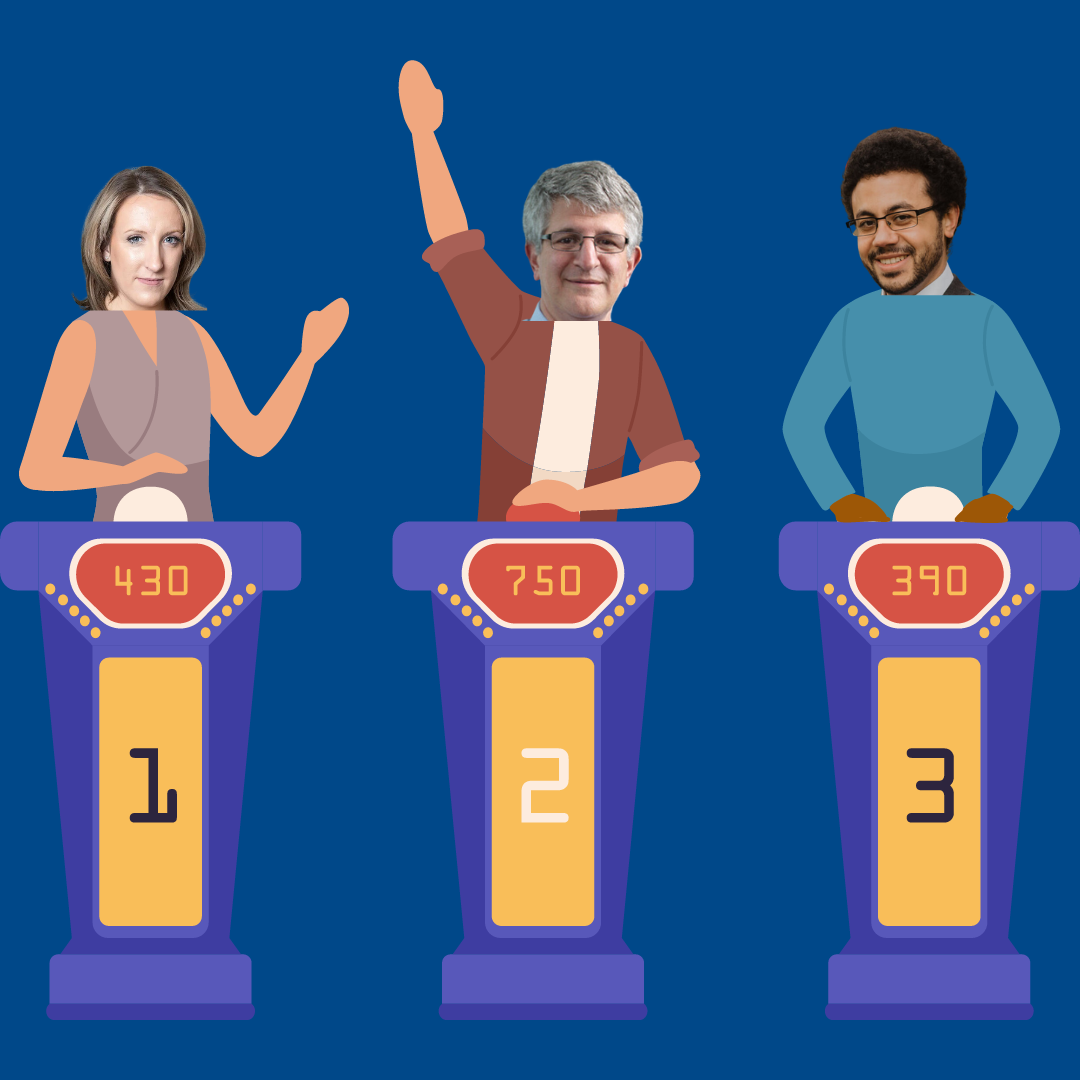 To be honest, I had never given childhood immunization a second thought. I have always believed in the science of vaccines and immunology. There wasn’t much of an anti-vaccine movement when my first daughter was born. I didn’t know a lot about vaccines, so I relied on my doctor’s expertise.
To be honest, I had never given childhood immunization a second thought. I have always believed in the science of vaccines and immunology. There wasn’t much of an anti-vaccine movement when my first daughter was born. I didn’t know a lot about vaccines, so I relied on my doctor’s expertise.
In April of 2005, my second daughter, Piper, became ill. I figured it was the stomach flu, as she was a thumb-sucker, and we had been to the park that day. She tends to pick things up rather easily. She was about nineteen months old at this time. She proceeded to vomit and have bouts of diarrhea throughout the night. By the time morning came, it didn’t let up and she became very weak and lethargic. I called the pediatrician, who said to go ahead and bring her in.
We arrived within the hour and the doctor took one look at her and admitted her to the hospital. She told us to get there quickly. We were even offered an ambulance transport. My head was reeling. Panic. A stomach bug can do all of this?
The nurse picked up Piper’s hand and let it go. It fell limp at her side. She could not lift her head up. She was in and out of consciousness and didn’t even make a sound when the IV was started. We were told that it was something called rotavirus. I had never even heard of it.
The first night in the hospital was rough, and we were told that it could go either way. But Piper began responding to the hydration therapy and, after a four-day stay in the hospital, we all went home.
Shortly after Piper’s illness, a vaccine for rotavirus was made available. You can bet I was first in line for it when my son was born a few months later. But here’s the thing: geography. I have the option to choose to vaccinate my children because I live in the U.S. where vaccines are readily available. I had almost instant access to the care that Piper needed when she contracted rotavirus. I read an article about a mother in rural Mexico whose child had the same symptoms as mine. Unfortunately, the nearest hospital was a three-hour bus ride away. Her baby died in the doctor’s arms shortly after she arrived at the hospital.
Where we live on this planet is the reason that my daughter lived and hers did not. And I am not okay with that. It makes my heart ache, because I know that mother held her baby the same way that I did on the way to the hospital.
So this not just about being thankful that I can access vaccines and medical care and all of these things that we sometimes take for granted. No, though I am grateful for those things, this is about getting that care and prevention to all children, regardless of where they live. It is about educating new parents about vaccines. It’s about trusting the science behind vaccines. It is about making the right choice for your child.
Jennifer Stevens a mother of three from Northwest Indiana. She works part time as a computer-aided drafting technician for a civil engineering company.



